As a Gay Man, What Do You Believe About Sex, Love, and Relationships?
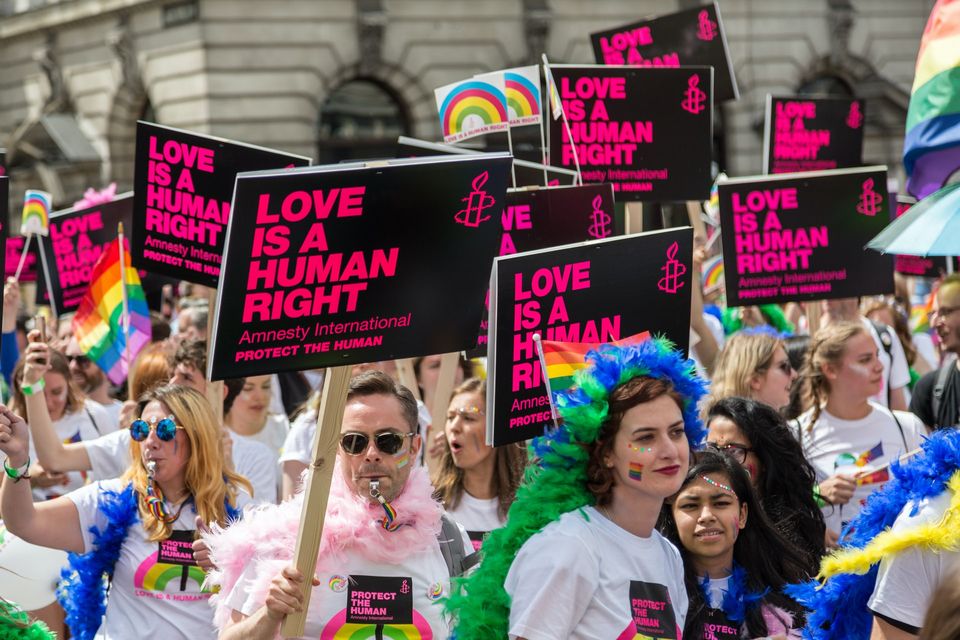
How gay shame intersects with your ability to feel acceptance, connection, and care — in other words, love.
One of my coaching clients is a gay man who is struggling with deeply rooted, unresolved feelings of gay shame that were triggered by a recent traumatic event in his life.
Many gay men have dealt with feeling unaccepted in society, be that in their family, at work, in sports, or in their religion. My client, however, was dealing with something much deeper that went to the core of self-love and ultimately separation anxiety manifesting as a loss of self-control.
Based on something he said, I asked,
“What do you believe to be true about a partnered relationship?”
Having a lasting relationship with another man is something he has struggled with and at first, he was unsure how to answer the question. This is all too common when I ask someone about their core beliefs. Most of us have never considered why we believe what we believe, who taught us the belief in the first place, and how our unconscious beliefs affect and control what we do and think.
He told me that he’d never considered what he believed to be true about relationships.
Eventually, he offered a general list that many people might share. For example, a relationship should be monogamous, and it’s a bonding of two people with similar values and experiences. It’s a partnership that supports each other in struggles, challenges, and common goals with love and respect. In a relationship, the couple allows each other to express their authenticity and honour differences.
After a short pause, he said, “That’s true for a straight relationship.”
Surprised, I asked,
“What do you believe constitutes a loving, gay relationship?”
He said that he didn’t believe the same things could be true for a gay relationship, or at least for him. He said that his core beliefs are that gays are perverts, gay love is not based on true love, and that gay relationships are only sex-focused. Furthermore, he also recognized that those beliefs came from his religious upbringing.
Let that sink in for a moment. Whatever your gender and sexual identification, how do you think you would feel about yourself if you believed you were perverted, unlovable, and incapable of intimacy — for whatever reason?
Gay, Straight, or Queer, We All Want Love.
We all want to be connected with others, to be cared for, and to be accepted for who we are. To different degrees, that’s what we call love.
The truthful expression of love is similar to what happens to white light when it passes through a prism and how it comes out the other side as a rainbow of colours. In that metaphorical spectrum lives the diversity of the human expression of love — both in the various forms that love takes, and in whom we love.
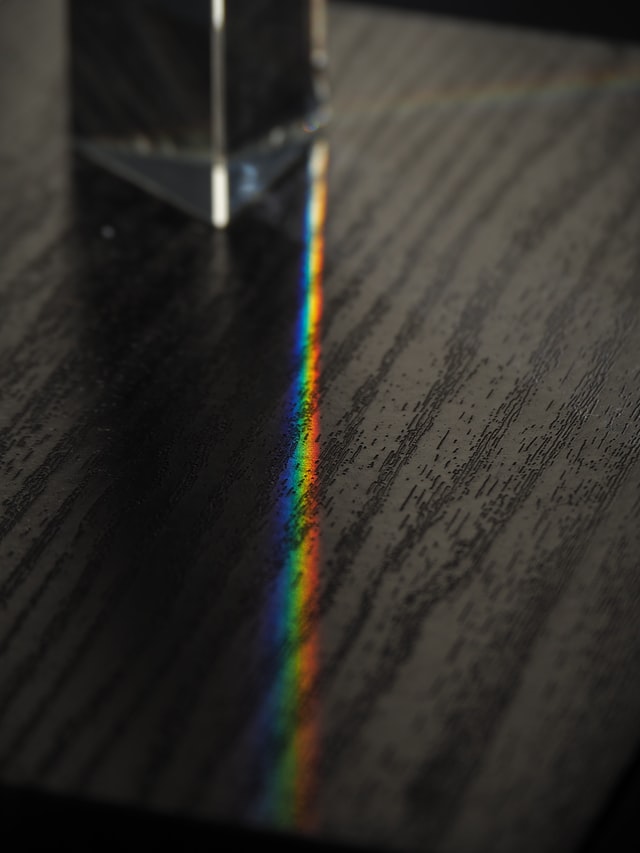
True Love Precludes Prejudice.
- To make the claim that a man cannot love another man is a logical fallacy.
- If you try to deny who you love, you are denying your true nature.
- To deny your true nature is to deny the fact that you are of nature.
Nature does not enforce dogmatic rules and constraints about who you are attracted to and whether you can love someone of the same gender, of a different social class, or different skin colour. Rules are social constructs created to control and enforce moral values — which are not always humane.
There is nothing morally right or wrong about whom you love for the simple reason that love is a natural human expression and not a social construct. Love cannot be controlled by any law, otherwise, it is not love. Anyone who seeks to suppress the diversity of the expression of love is a threat to humanity, not the person who dares to stand in the rainbow of diversity.
Your beliefs about relationships affect your experience of love, compassion, and self-acceptance.
Until you clearly define your beliefs about what is true about things like dating, sex, and relationships, you won’t know if your choices and behaviours are based on scripts written and directed by someone else. You might be living the belief and values narratives of your parents, religion, or political ideology.
As children, our parents taught us most of what we think we believe as grown adults. This was a form of indoctrination (regardless of intent), in the sense of teaching an uncritical mind (the mind of a child) a system of beliefs. Most of us have never considered why we believe what we do. We might think we know what we believe about sex, love, and relationships, but more than likely, those beliefs came from our parents.
What Do You Believe?
The first step is to define what you think you believe, even if that means realizing you have never clearly defined a particular belief for yourself in your words. This is an opportunity to discover from whom you learned your beliefs (your mother, father, religion, or school) and why you were taught those beliefs. As adults, we have the opportunity to refine what we were taught to believe, and then to align with what we actually believe to be true.
But first, you need clarity about what you believe to be true. This may be the first time you have ever consciously asked yourself why you believe what you do. In my client’s case, this is precisely why he was not getting the kind of relationship that he thought he wanted and deserved — his unconscious beliefs made him feel unlovable and unworthy.
The love that dares not speak its name.
Oscar Wilde is famously known for having said those words, but what’s implied — besides the love between two men — is the shame associated with that love. I would argue, as I have above, that love is love. Love is quite simply a natural human expression.
To devalue the love that one person has for another for any reason is a denial of one’s humanity.
The expression of our core human emotions has nothing to do with one’s sexual or gender identity.
- I can feel hate just as much as a straight man. Can you devalue my human expression of hate because I’m gay?
- I can feel joy just as much a fervent religious fundamentalist who’s anti-LGBTQ. How does my identification with being queer affect my core human capacity to experience joy?
Thus, love is how you feel as a human being when you are with another person whom you accept, connect with, and care about.
Shame Loves A Closet
Alan Downs coined the term gay shame in his seminal book, “The Velvet Rage: Overcoming the Pain of Growing Up Gay In a Straight Man’s World.” Downs’ book is a great starting place for any gay man who has ever experienced the challenge of knowing how to love freely and without shame in sex and in relationships. That’s not to presume all gay men suffer from gay shame, but none of us are immune from growing up and maturing in a world that demonstrates we are not fully accepted or equal. I believe Down’s book can be helpful for anyone who doesn’t fit the myth of the heteronormative relationship ideal — and for anyone truly interested in the human condition.
“For the majority of gay men who are out of the closet, shame is no longer felt. What was once a feeling has become something deeper and more sinister in our psyches — it is a deeply and rigidly held belief in our own unworthiness for love. We were taught by the experiences of shame during those tender and formative years of adolescence that there was something about us that was flawed, in essence unloved, and that we must go about the business of making ourselves lovable if we are to survive.” — Alan Downs.
For example, if you are struggling to keep a quality relationship with another man, have you clearly defined what you believe to be true about dating, sex, and loving another gay man? You might be surprised to find that gay shame and internalized homophobia are holding you back from feeling self-acceptance, and self-worth, and being able to freely and openly love another man.
Are your beliefs based on your childhood definitions of life?
Gay or not, if you don’t identify with heteronormative ideals, or if you were brought up in a dogmatic religious household, it’s likely that your past or current relationship challenges are based on unconscious beliefs about love, sexual intimacy, and relationships. The result of not knowing your beliefs in these areas may show up as separation anxiety or shame, or in the extreme as depression or rage.
Know Thyself
Ultimately, self-mastery is the fullest expression of self-awareness, critical thought, open-mindedness, humility, and love — for yourself and others. We can’t be masters of our actions and behaviours if we keep getting results we don’t want but don’t understand why. The path of self-awareness requires honest work. Someone else can’t do it for you, but you don’t have to do it alone if you’re struggling.
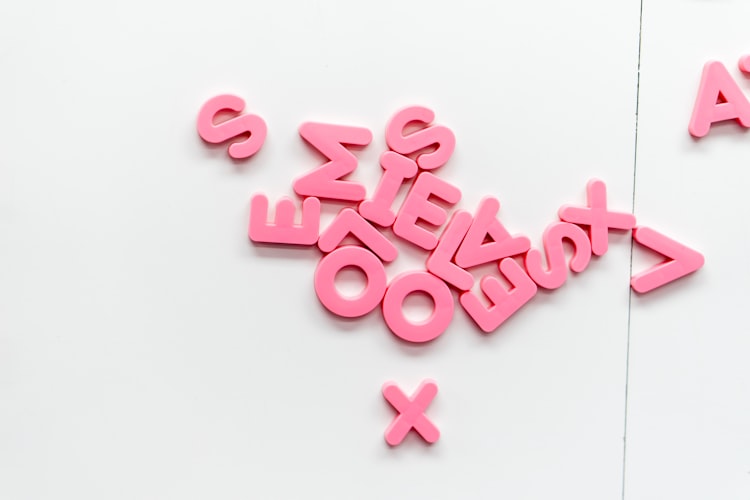

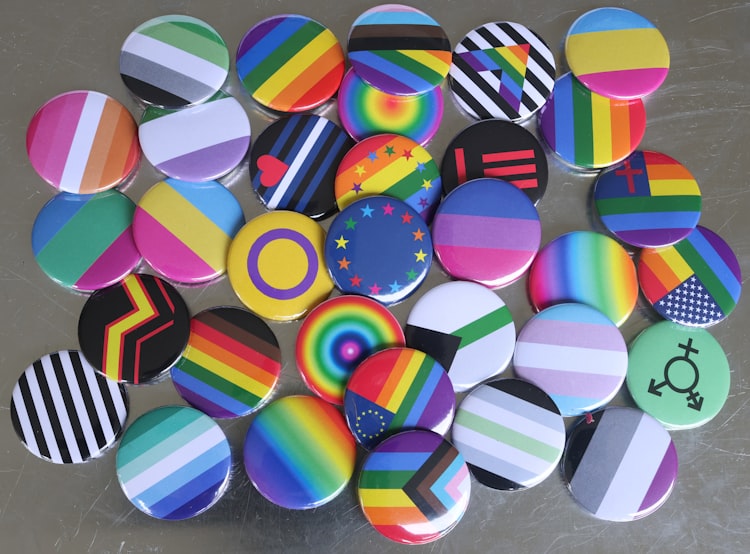
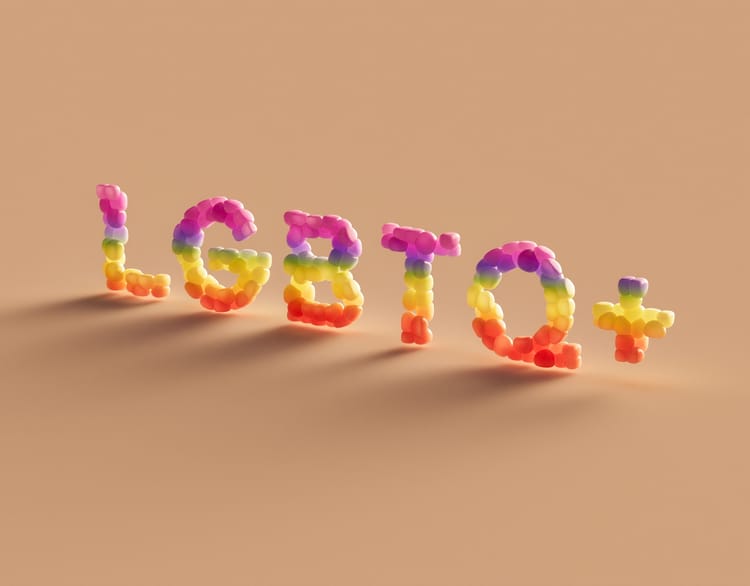
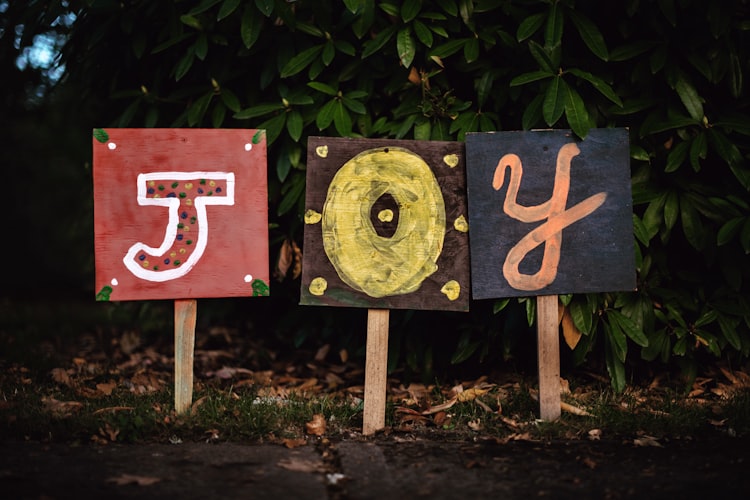
Member discussion